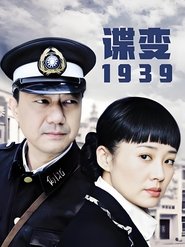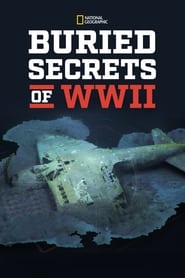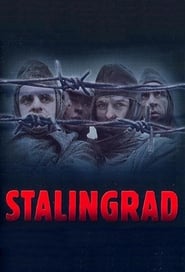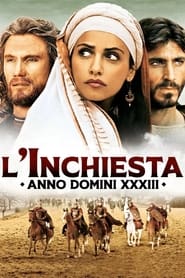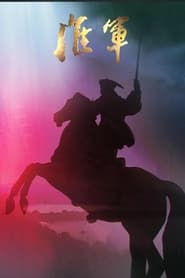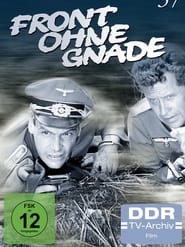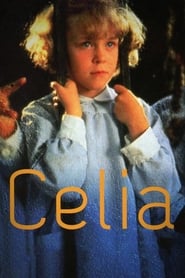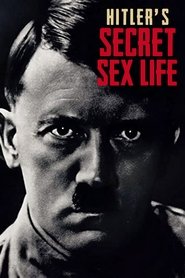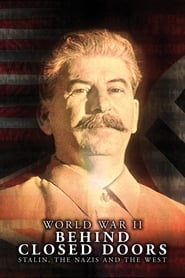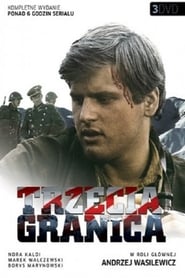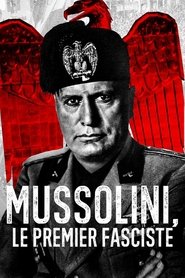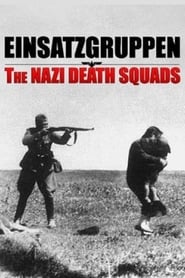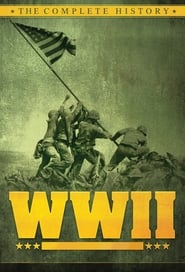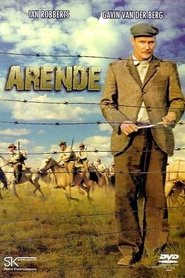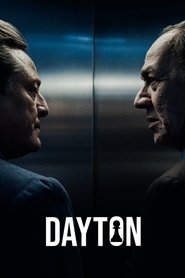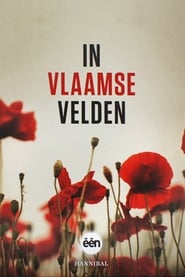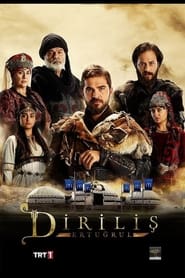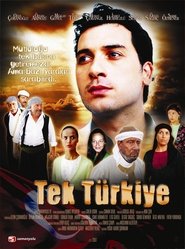Popular War Politics TV Series - Page 72
-
谍变1939
2010
谍变1939
2010
-
Buried Secrets of WWII
2019
star 6.1Remote sensing techniques tell the stories of WWII battles and campaigns, the details of which have been lost in the fog of war, misinterpreted or overtaken by the landscape. -
Stalingrad
2003
Stalingrad
2003
star 8.2The Battle of Stalingrad, which cost the lives of at least a million German soldiers, Red Army troops and Soviet civilians, was the bloodiest of the decisive battles in the "war of extermination" which Hitler had unleashed. This three-part documentary, employing previously unreleased film footage and brutally frank statements from survivors on both sides, explains exactly how the catastrophe came about and describes the gruesome consequences of the battle for the soldiers and the inhabitants of the city. -
淮军 凤凰大视野-大清淮军
2008
淮军 凤凰大视野-大清淮军
2008
-
Front Without Mercy
1984
-
Celia
1993
Celia
1993
star 6.4Celia is a Spanish children's television series created by José Luis Borau in 1992 for the national Spanish public-service channel Televisión Española. It is based on the classic Spanish children's novels of the same name by Elena Fortún, primarily Celia, lo que dice and Celia en el colegio. The books and television series tell the stories of a wild seven-year-old girl named Celia Gálvez de Moltanbán. In addition to focusing on Celia, the show touched lightly on Spanish life in the 1930s, such as the upcoming civil war, a changing nation, and the social issues and ideas at the time. Cristina Cruz Mínguez was cast as the titular character, and the script was adapted by author and screenwriter Carmen Martín Gaite. The creator, Borau, directed and produced the series. Though successful when it originally premiered, Celia was cancelled after six episodes. The sixth and final episode ended with a "to be continued", but the following episode has yet to be released. -
Hitler's Secret Sex Life
2021
star 1Hitler’s Secret Sex Life exposes the myriad of rumours, theories and disputed historical accounts of Adolf Hitler's sexual psychology. There is no shortage of experts on Hitler's sex life who consider his predictions to be a barometer of the dictator's twisted psyche. Each episode will address a specific time period of Hitler's alleged and proven sex life and explores the role it played in shaping his behaviour. -
World War Two: Behind Closed Doors
2008
star 5.7Documentary series using dramatic reconstructions and testimony from witnesses to reveal the 'behind closed doors' politics of the Second World War. -
Trzecia granica
1976
-
Mussolini: The First Fascist
2022
star 8.5Mussolini seized power in Italy in 1922, after his March on Rome. He would hold it in his grasp until his death in 1945, establishing a dictatorship that lasted more than 20 years. Long considered a buffoon and a second-rate dictator, Il Duce invented fascism that was imitated by Hitler, who viewed the Italian as his political master. He wanted to transform his country into a warrior nation and promised Italians a return to the grandeur of the Roman Empire. He governed by violence and trickery and was one of the first populist leaders of modern times, leading his country into the catastrophe of the World War II. But who was Mussolini, this former teacher who came from the extreme left to become a newspaper editor and creator of the Fascist Party? Why did he ally himself with Hitler? Were the Italians really behind him? With archives and interviews with the last-surviving witnesses of the era, this portrait takes a look back at one of the most notorious dictators of the 20th century. -
Einsatzgruppen: The Nazi Death Squads
2009
star 7.7This documentary series examines the Einsatzgruppen, Nazis responsible for the mass murder of Jews, Romani and Soviet prisoners in Eastern Europe. -
World War 2: The Complete History
2010
star 6.5This exhaustive collection encompasses all the events that occurred during World War II. Covering an astonishing amount of ground, events in France, London, Munich, Stalingrad, the Pacific, and many others are all covered in intimate detail. Some of the stories offered by veterans create a startling portrait of the events as they unfolded, as well as adding a personal touch to this amazing program. In short, this is an insightful way to gather a welter of information on this important chapter in world history. -
Arende
1989
Arende
1989
Epic drama follows a group of Boers during significant events in South African history. The first series is primarily set on St. Helena and follows the lives of Boer prisoners-of-war at Deadwood Camp. Among them is Sloet Steenkamp, a Cape Rebel whose death sentence was commuted to life imprisonment on the island. The second series shifts to post-war mainland South Africa, where the Boers, though returned, still struggle for freedom. New characters are introduced, including Meisie, who is mute due to trauma, and her mother Cornelia, who seeks revenge. In the third series, Sloet and his friends, yearning to escape British rule, embark on the Dorsland Trek, a perilous journey across the Kalahari Desert in search of freedom beyond South Africa's borders. -
ANZAC Girls
2014
ANZAC Girls
2014
star 7.2The unique, and rarely told true stories of Australian and New Zealand nurses serving at Gallipoli and the Western Front during the First World War. -
Dayton
2023
-
In Flanders Fields
2014
In Flanders Fields
2014
star 8.3The story of the Boesman family's attempt to survive in the city of Ghent during the first world war focusing on each of the five family member's different experiences -
Vera
2023
-
Ertugrul Ghazi Urdu
2017
Ertugrul Ghazi Urdu
2017
The heroic story of Ertugrul Ghazi, the father of Osman (Uthman) who founded the Ottoman Empire. -
The Nation
2007
 Netflix
Netflix
 Amazon Prime Video
Amazon Prime Video
 Apple iTunes
Apple iTunes
 Apple TV Plus
Apple TV Plus
 Disney Plus
Disney Plus
 Google Play Movies
Google Play Movies
 Paramount Plus
Paramount Plus
 Hulu
Hulu
 HBO Max
HBO Max
 YouTube
YouTube
 fuboTV
fuboTV
 Peacock
Peacock
 Peacock Premium
Peacock Premium
 Amazon Video
Amazon Video
 The Roku Channel
The Roku Channel
 AMC+
AMC+
 Kocowa
Kocowa
 Hoopla
Hoopla
 The CW
The CW
 Vudu
Vudu
 Starz
Starz
 Showtime
Showtime
 PBS
PBS
 Pantaflix
Pantaflix
 FXNow
FXNow
 Tubi TV
Tubi TV
 Kanopy
Kanopy
 Comedy Central
Comedy Central
 Crunchyroll
Crunchyroll
 Microsoft Store
Microsoft Store
 Redbox
Redbox
 Sun Nxt
Sun Nxt
 ABC
ABC
 DIRECTV
DIRECTV
 Crackle
Crackle
 Fandor
Fandor
 Plex
Plex
